African herbs have been used for cleansing, perfuming, beautifying and healing for thousands of years. Today, they are an integral part of the global cosmetic and cosmeceutical industry which is worth billions of dollars.
Whether you are an artisan herbalist or simply love making your own wellness products, herb-infused oils make a powerful ally in your apothecary. Crafted into salves, balms, lotions or pure oil applications for topical or culinary use, these oils offer a wealth of medicinal and nutritional benefits to your body.
Calendula
Calendula is a plant that has long been used as both a garden flower and a natural healer. It’s a great option for homemade balms because it is so gentle and soothing on the skin.
It can be infused in oil to make calendula salve, or it can be used as an ingredient in lotions, bath oils, body butters, or soaps. It has antiseptic, antifungal, and anti-inflammatory properties that help to soothe the skin.
It is also a common treatment for skin issues such as diaper rash and cradle cap. Studies have shown that applying it to the affected area 1-2 times per day can reduce the severity of rashes and irritations.
Plantain
Plantain is a powerful herbal remedy for insect bites and stings, burns, wounds and skin infections. It has many beneficial actions, including anti-inflammatory, antimicrobial and anti-spasmodic, which help soothe the itching and reduce redness.
A homemade plantain salve combines the healing properties of this weed with coconut oil, beeswax and other soothing ingredients for the ultimate natural first aid kit staple. It is easy to make and fun to use, especially when the whole family is involved.
Start with a small glass or metal jar filled with a couple of handfuls of dried plantain leaves and a few tablespoons of olive, almond or other oil of your choice. Place the jar over a saucepan of simmering water and allow to infuse for at least 30 minutes.
Comfrey
Comfrey has long been used to relieve pain, inflammation, and swelling of muscles and joints. It contains allantoin, which encourages cell proliferation and tissue regeneration.
This helps heal wounds, reducing the likelihood of infection. Its anti-inflammatory properties also reduce the appearance of scars and wrinkles, promoting skin's health and beauty.
To make a comfrey salve, combine dried comfrey leaves or comfrey root with a neutral oil and allow them to infuse for 4-6 weeks before straining. Store in a cool, dark place.
Comfrey has been used to treat a variety of conditions, but it is most famous for its ability to mend broken bones. It has been shown to strengthen the bones, especially the tibia, and even help repair nerve damage.
Gotu Kola
Gotu kola is a popular medicinal herb that is native to India and China. It has a long history of use in Ayurvedic medicine.
It is a natural anti-inflammatory that helps reduce pain and discomfort in the body. It also improves blood flow to the skin and stimulates collagen synthesis, which tightens the skin.
In addition, the plant is said to be an adaptogen. It is known to increase your body’s resilience to stress and enhance your mental capacity.
The herb is often recommended for treating depression and insomnia. It is also said to help with memory issues.
It may also reduce swelling and improve blood flow in people with venous insufficiency. This happens when blood pools in the legs and fluid leaks out of the veins, causing the leg to swell.
Frequently Asked Questions
What is the difference between herbs and spices?
Herbs are used for cooking, and spices are used for seasoning.
Herbs have more intense flavors and can be used to cook dishes, while spices can bring out the flavor of foods without altering the taste.
Spices can also be added to food during preparation, such as curry. Spices may be bought individually, or whole packages may be purchased. There are many spices, including black pepper, cayenne pepper, cinnamon, cloves, coriander, garlic, ginger, nutmeg, oregano, paprika, parsley, rosemary, sage, salt, thyme, turmeric, vanilla extract, etc.
The best way to ensure that you are selecting the right spice for your dish is to read the label carefully. If there is an ingredient list, look for "spice" among the ingredients. A common mistake cooks make is buying too much of a particular spice because they do not realize how little they need.
There are a few basic rules to follow when choosing which herb or spice to use. For example, most herbs are fresh, whereas spices tend to last longer. Also, herbs are generally found in small quantities, while spices come in larger containers. Finally, most herbs are usually sold loose (or ground), while spices are packaged in jars or cans.
As long as you are careful to select the correct herbs or spices, you will find that adding them to recipes makes preparing meals easier. After all, spices add flavor to various dishes, while herbs can help improve the appearance and aroma of food.
Which plant has antibiotic and wound-healing properties?
People often ask about plants that have medicinal uses. Some of these include aloe vera, eucalyptus, chamomile, and lavender. If you're wondering why there aren't any plants used for cleaning and disinfecting purposes, it's because most plants have toxic qualities.
The reason why we use herbs for medicine is that they contain compounds that stimulate our immune system. This means that they help us fight infections and heal wounds.
Some plants also have anti-inflammatory properties. These include ginger, turmeric, and mint.
Herbs such as basil, fennel, marigold, and oregano are great for cleansing the body.
There are even some plants that help prevent cancer. Research shows that black raspberries may reduce the chances of developing breast cancer. The same goes for broccoli. It can help prevent colon cancer.
What are the side effects of basil?
Basil is an herb that originated in tropical regions of India, Africa, China, Indonesia, Malaysia, Thailand, Philippines, Mexico, Puerto Rico, Jamaica, Costa Rica, Panama, Colombia, Venezuela, Brazil, Peru, Ecuador, Bolivia, Paraguay, Uruguay, Argentina, and Chile.
The plant is easy to grow in most climates and requires little maintenance. Basil also thrives in poor soil conditions and is very drought tolerant.
As for the health benefits, more than 200 known compounds are found in basil, including flavonoids, phenolic acids, lignans, polysaccharides, essential oils, vitamins, and minerals.
According to the University of Maryland Medical Center, basil contains powerful anti-inflammatory properties which may help relieve symptoms associated with arthritis, asthma, allergies, bronchitis, cancer, cardiovascular disease, diabetes, digestive disorders, depression, eczema, insomnia, infections, migraines, osteoporosis, psoriasis, respiratory problems, stress, and ulcers.
Basil is also a culinary spice and is often added to tomato sauces, soups, salads, pasta dishes, rice dishes, dips, casseroles, pizza toppings, pesto, chicken wings, and popcorn.
However, like all herbs, basil should be consumed in moderation. Too much of anything is not good for you. For example, eating large amounts of basil could lead to stomach upset. And if you have sensitive tummies, avoid consuming basil during pregnancy.
If you are pregnant or nursing, consult your doctor before taking herbal supplements.
You should only take one type of supplement at a time. If you take other medications, make sure they do not interact with each other.
You should never use herbs while on medication unless directed by your doctor.
Some people experience allergic reactions when using herbs, especially those allergic to ragweed. Symptoms include hives, swelling around the mouth or eyes, shortness of breath, chest tightness, nausea, vomiting, diarrhea, headaches, dizziness, fainting, heart palpitations, blurred vision, loss of consciousness, seizures, or even death.
Some people who take certain medications may develop an allergy to basil. These drugs include:
- Antacids (like Alka Seltzer)
- Anti-anxiety medicines (Valium, Xanax, Ativan, etc.)
- Beta-blockers (like Propranolol)
- Blood thinners (like Coumadin)
- Calcium channel blockers (like Amlodipine)
- Cholesterol-lowering drugs (like Lipitor, Zocor, Mevacor, and Pravachol)
- Diabetes medicine (like Glucophage)
- Diuretics (like Lasix)
- Heartburn medicines (like Prilosec OTC)
- Hormone therapy (like Premarin, Tamoxifen, Femara)
- Insulin (like Humalog, Lantus, Novolin R)
- NSAIDs (like Aleve, Motrin, Advil, Excedrin, Tylenol, Ibuprofen)
- Oral contraceptives (like Ortho Evra, Yasmin, Loestrin, Ovrette, Yaz, and Seasonale)
- Pain relievers (like Aspirin, Celebrex, Vicodin, Percodan, Darvocet, Dilaudid, Fiorinal, Tylenol 3s, Naproxen, Motrin, Tramadol, Ultram, Voltaren
Statistics
- Herbs are among the most popular and widely used medicinal remedies. According to a survey conducted by the National Institutes of Health, herbs were used by over 38% of adults in the United States.
- Studies have shown that cinnamon can lower fasting blood sugars by 10-29% in diabetic patients, which is a significant amount (9Trusted Source10Trusted (healthline.com)
External Links
mskcc.org
- Ashwagandha | Memorial Sloan Kettering Cancer Center
- Grape Seed | Memorial Sloan Kettering Cancer Center
onlinelibrary.wiley.com
pubmed.ncbi.nlm.nih.gov
doi.org
How To
How to use herbs safely?
Many people think that herbs should only be used under medical supervision because they believe that some herbs are poisonous. However, this is not true.
Many herbs have long histories of safe use. For example, garlic has been used for thousands of years to fight infections. It's also been shown to lower cholesterol levels and reduce high blood pressure.
However, if you're pregnant or nursing, avoid taking certain herbs. You should also avoid them if you suffer from allergies or sensitivities to herbs.
You can do several things to ensure you get the best results from your herbs and supplements. First, always read labels before consuming anything containing herbs or spices. Second, take the lowest dose recommended on the label. Third, don't use more than one supplement at any given time. Fourth, talk to your doctor about how to combine specific herbs and supplements. Finally, keep track of your consumption to know whether you need to adjust your dosage.
Resources:
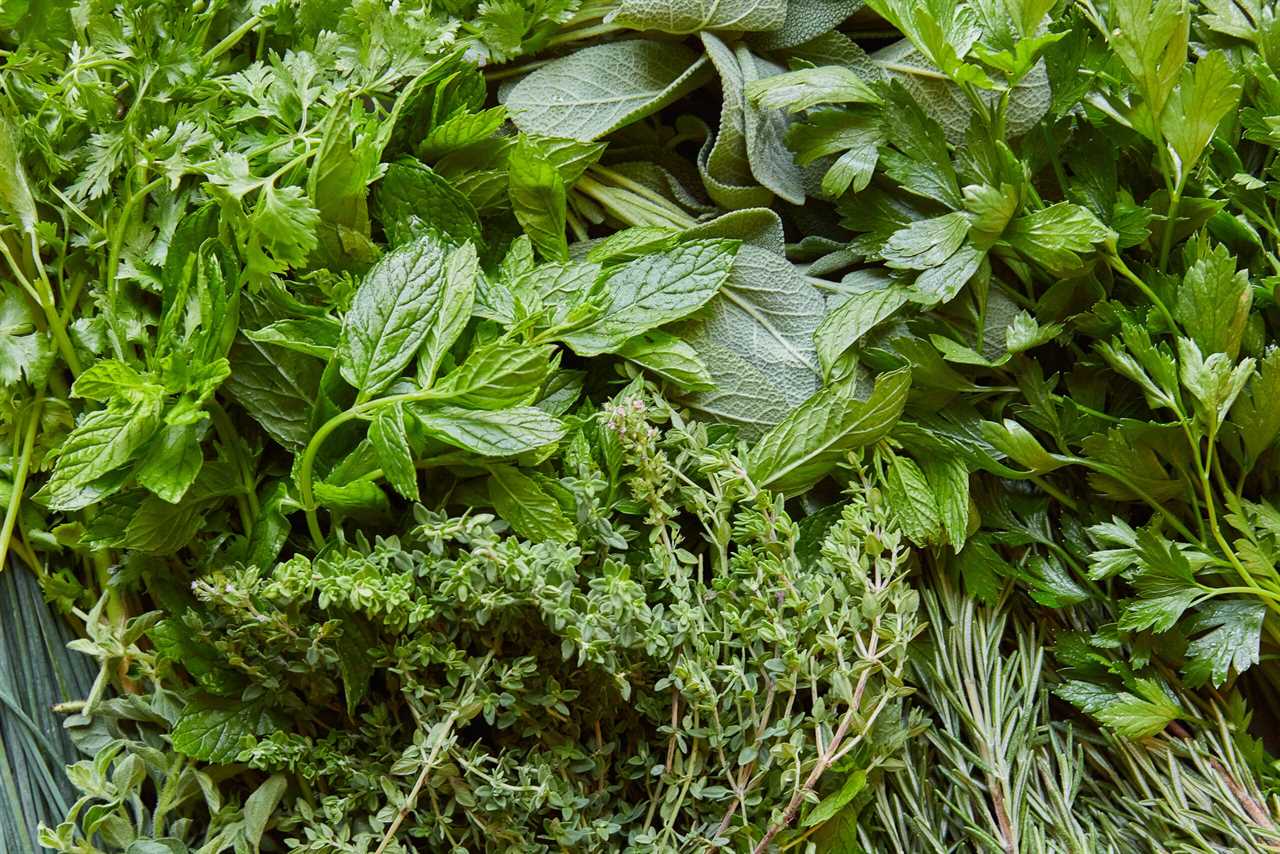 |
FARM CLEAN UP, EASTER SELLS, AND FINALLY PLANTING SHURBS!Flower farm is just starting! The yarrow is showing out, sweet William flowers are absolutely beautiful! We're slowly cleaning up the flower farm and I'm |
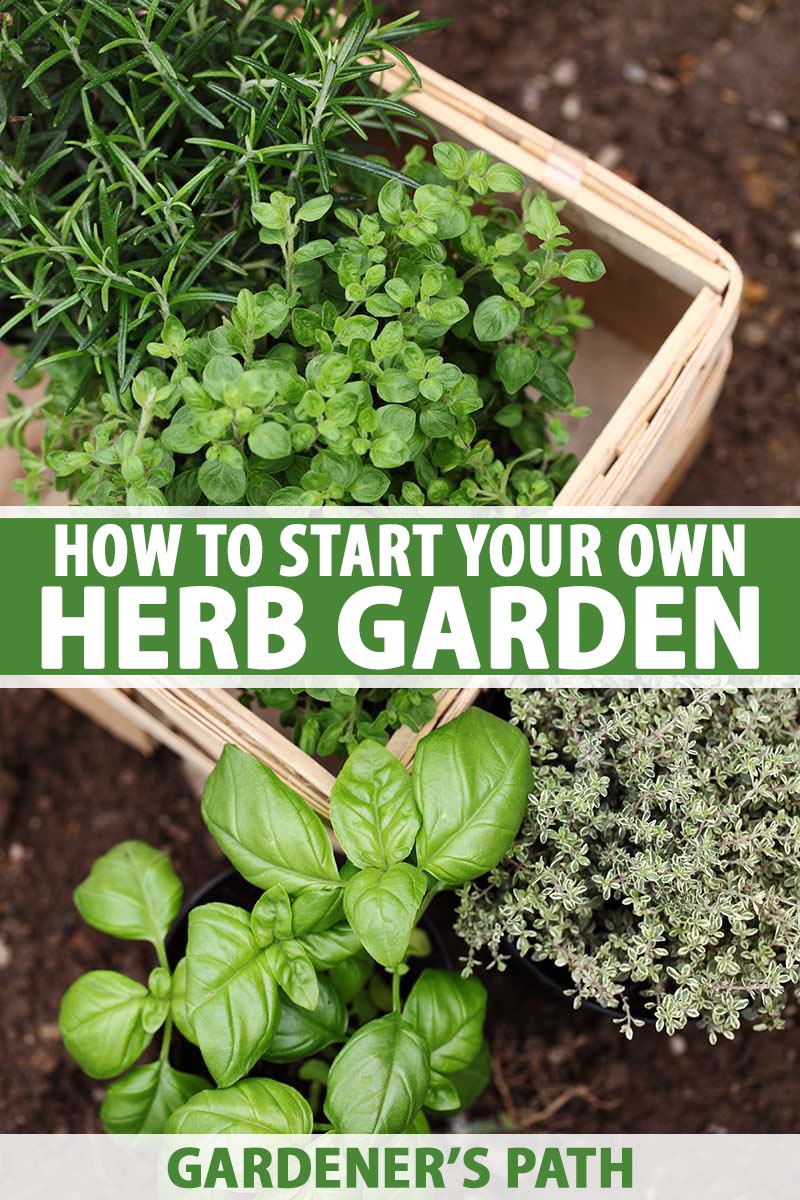 |
Spring Garden Harvest A Bucket Of Flavor!Elevating the everyday is our mission. At Belovedsaffron.com, we think the world deserves more than conventional cuisines — and more than take-out.. |
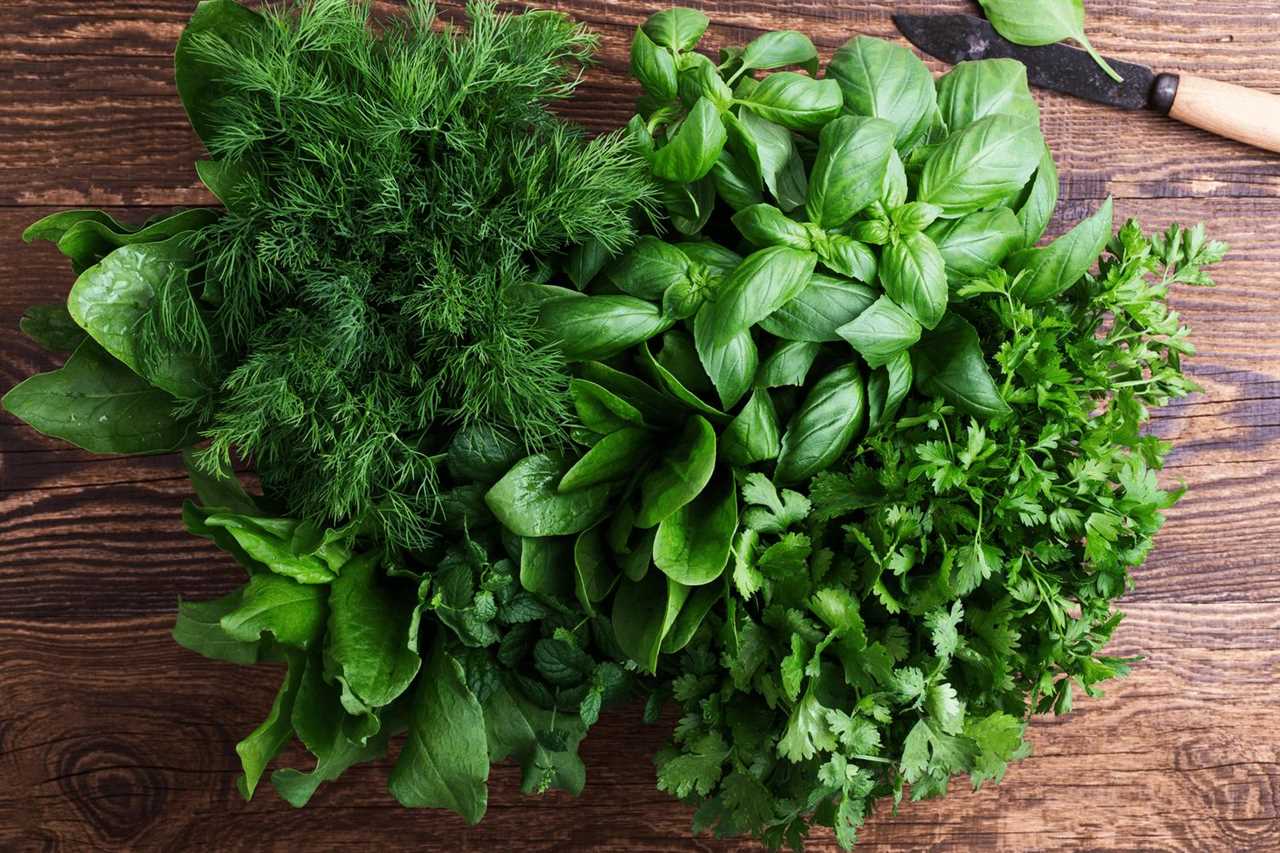 |
Put aluminum foil in your toilet! After 5 minutes be shocked by the result (Dollar Tree Trick)At Belovedsaffron.com, we are passionate about spices, herbs, recipes and organic eating and on a mission to bring you awareness about flavours from.. |
 |
Let's make a self heal oxymel!Welcome to BelovedSaffron.com, where we celebrate all the wonderful flavours of spices and herbs worldwide! We are not just chefs but food.. |
 |
THE EASY WAY OF GROWING CARROTS AWAY FROM SQUIRRELS and AnimalsWelcome to Belovedsaffron.com, where we embrace everything related to spices, herbs, nutritious food, and organic eating! We are not professional.. |
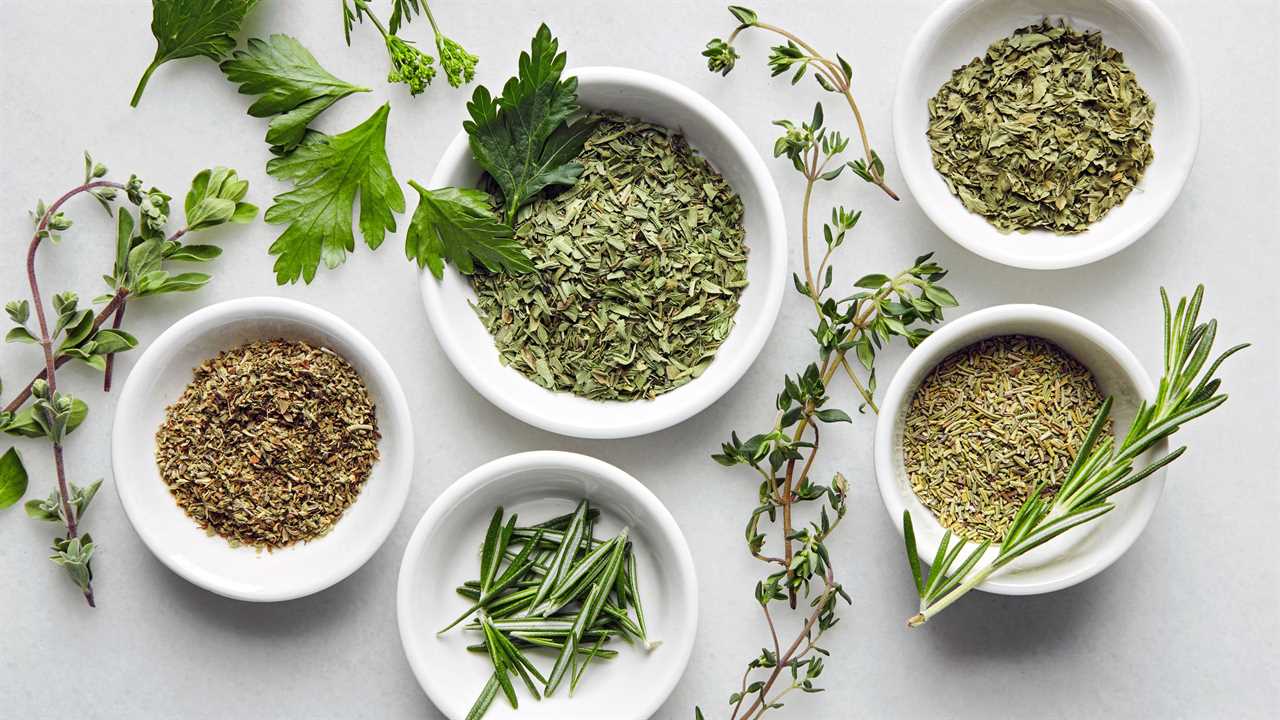 |
CHINESE HERBS AND DRY GOODSAt Belovedsaffron.com, we are passionate about spices, herbs, recipes and organic eating and on a mission to bring you awareness about flavours from.. |
 |
#LAMH Latest Tea & Live Gender REVEAL w Empress RadioWelcome to BelovedSaffron.com, where we celebrate all the wonderful flavours of spices and herbs worldwide! We are not just chefs but food.. |
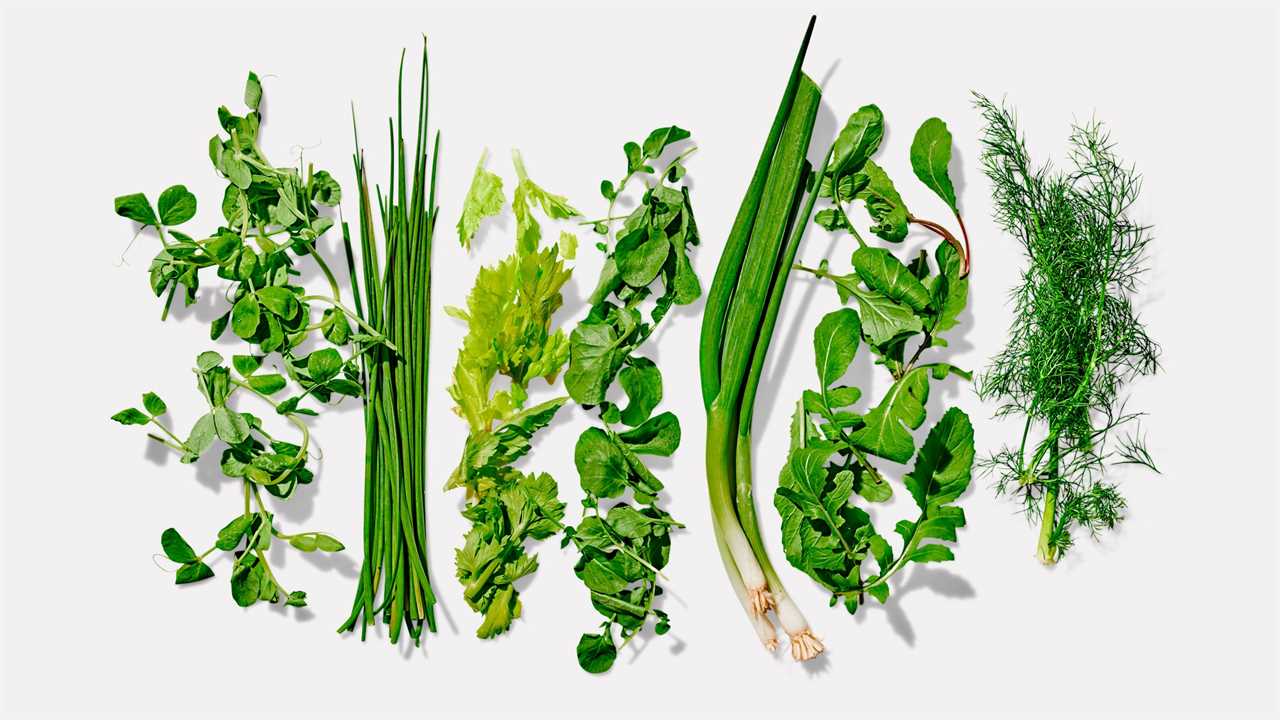 |
MAGIC, DELIVERED Unboxing | Herbology & Magical PlantsAt Belovedsaffron.com, we are passionate about spices, herbs, recipes and organic eating. It is our mission to bring awareness of flavors from around |
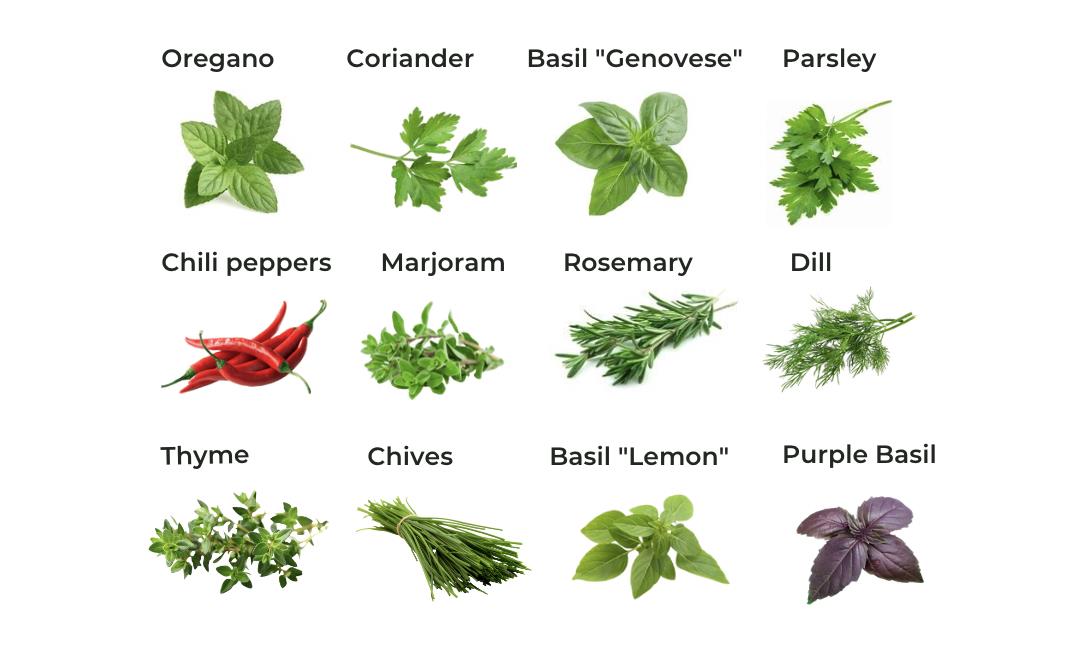 |
Couple Builds a SUNKEN GREENHOUSE for $4,500 — Ep. 125Welcome to Belovedsaffron.com, where we embrace everything related to spices, herbs, nutritious food, and organic eating! We are not professional.. |
 |
CHINESE HERBS AND DRY GOODSCHINESE HERBS AND DRY GOODS |
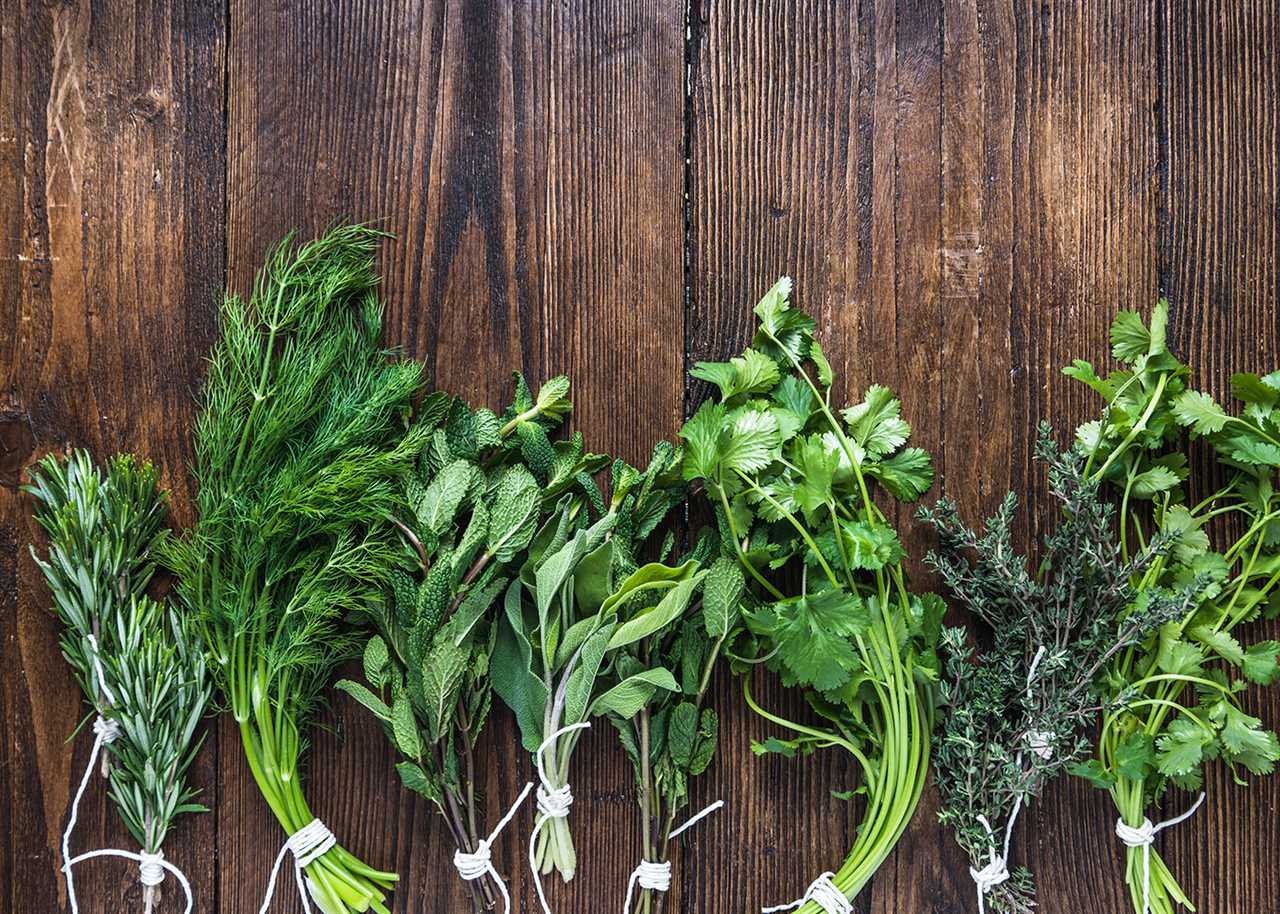 |
Enchant Ramp | MOM Standard | MTG ArenaAt Belovedsaffron.com, we are passionate about spices, herbs, recipes and organic eating. We are on a mission to bring you awareness about flavours.. |
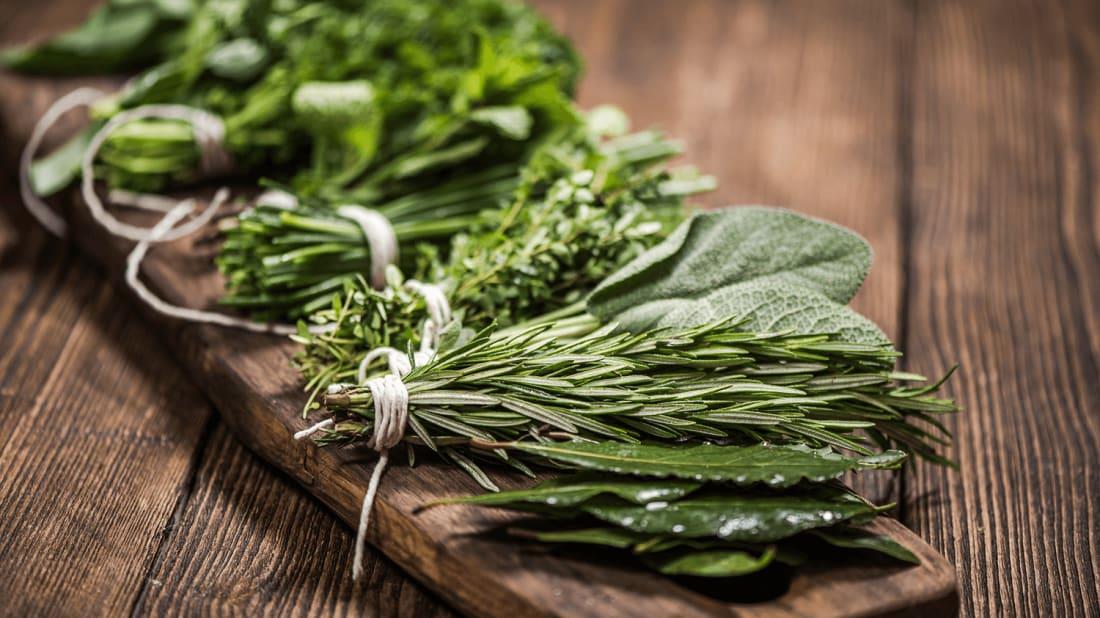 |
Join 10,000 Students Who Have Learned Herbs with Michael and Lesley Tierra - East West School of Planetary HerbologyLearn herbs from respected professional herbalists offering world-class herbalist training. The NEW Professional Herbalist Course includes courses on over 600 |
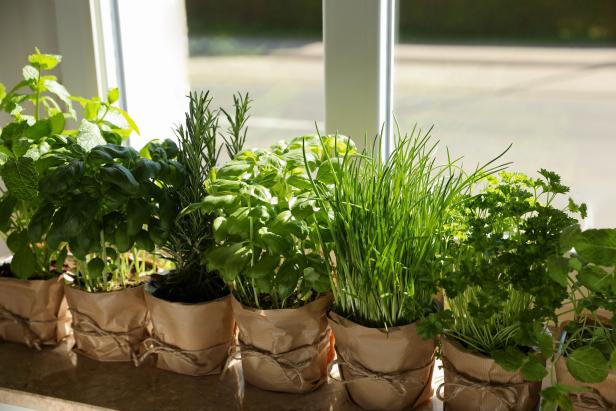 |
The Sims 2 Desiderata Valley Stream 18!At Belovedsaffron.com, we are passionate about spices, herbs, recipes and organic eating. It is our mission to bring awareness of flavors from around |
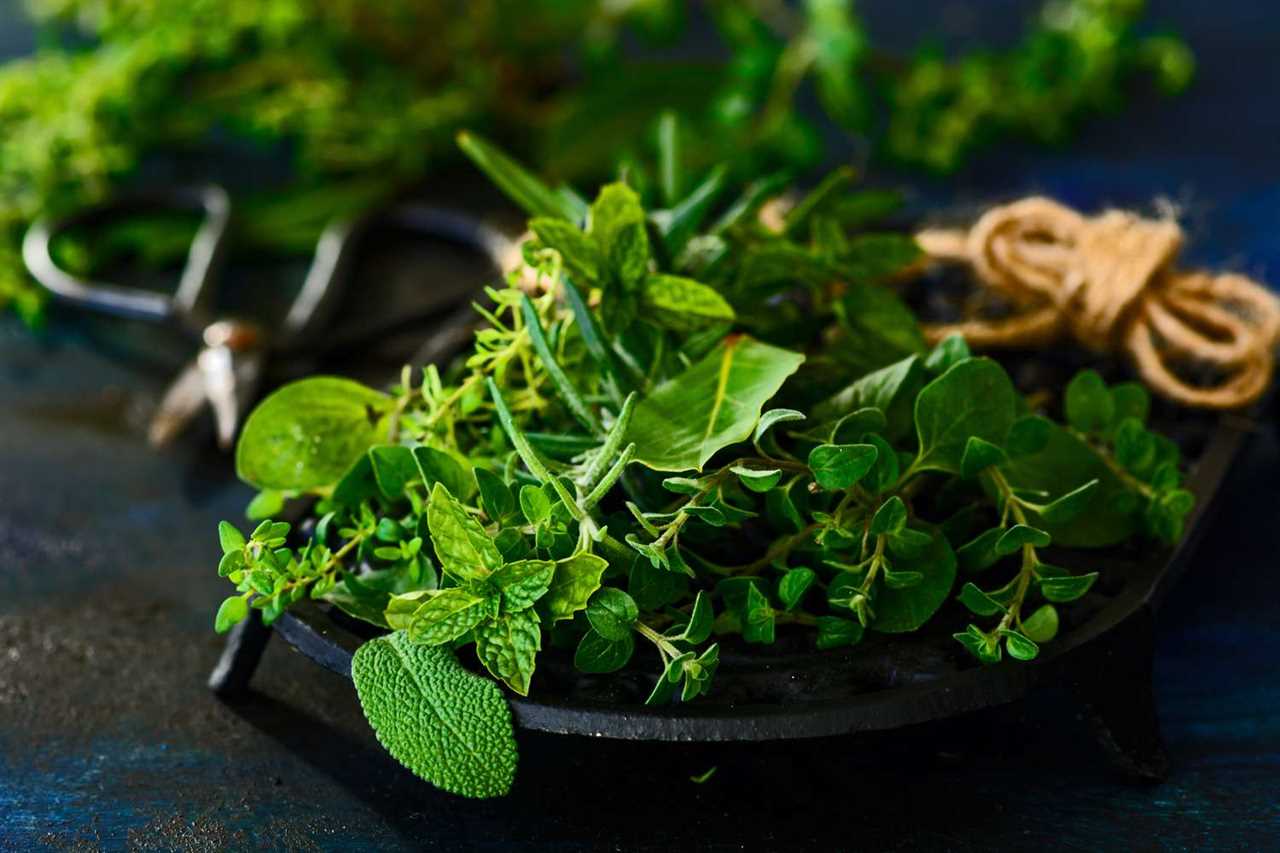 |
Fried Spinach Piroshki in the Village with fresh herbs - Oriental pastriesAt Belovedsaffron.com, we're passionate about flavours, cultures and cooking wisdom from around the world. We seek to bring you closer to sustainable |
 |
How to Dry and Store HerbsElevating the everyday is our mission. At Belovedsaffron.com, we think the world deserves more than conventional cuisines — and more than take-out.. |
 |
Cooking With Herbs For a Diabetic DietMany people with diabetes use herbs to help keep their blood sugar levels in check. While herbs are a great way to naturally manage diabetes, it is.. |
 |
How To Make African Locust Beans SumbalaAt Belovedsaffron.com, we are dedicated to exploring the amazing world of spices and herbs, encouraging sustainable eating practices and sharing.. |
 |
herbs for health |Discover the Healing Power of NatureIn this informative video, we explore the healing power of herbs and how they can promote good health and wellness. Join us as we journey into the natural |
 |
5 Fast Growing Veggies You Can Harvest in Under 1 MonthIf you're just getting started on your first garden, it's important to have early success. These 5 groups of crops are extremely easy and fast to grow, so you |
 |
Apr 26, Hawthorn with Tatiana EavesHawthorn is often revered for how it strengthens the physical heart but this is just one of the medicinal gifts Tatiana Eaves mentions. Find out the rest here! |
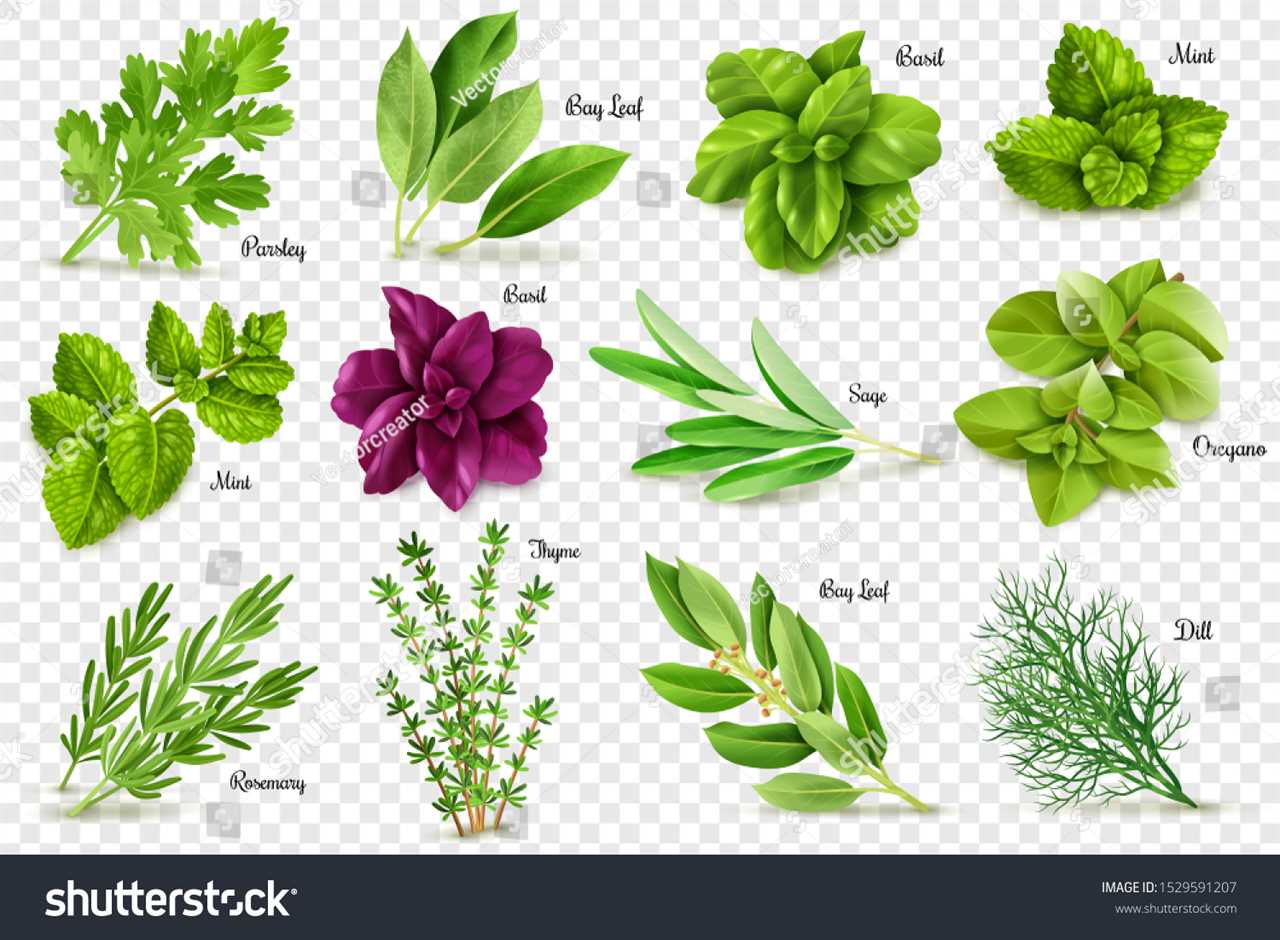 |
A Video Identification Guide To Edible & Medicinal Plants - Pt. 2Hey guys welcome to the second season of identification videos on edible and medicinal plants. In this video there are 13 different plants some are medicinal, |
 |
My Top Tricks of the Trade RevealedWhat does a muffin tin have to do with saving time in the garden? Well, sometimes the simplest trick can make all the difference! With these ingenious hacks, |
 |
Herbs, Peppers, Cucumbers and More!!!Finally getting some veggies and herbs in the ground. $5 of free garden seeds Get $5 of free seeds credit when you sign up with a free Seedtime |
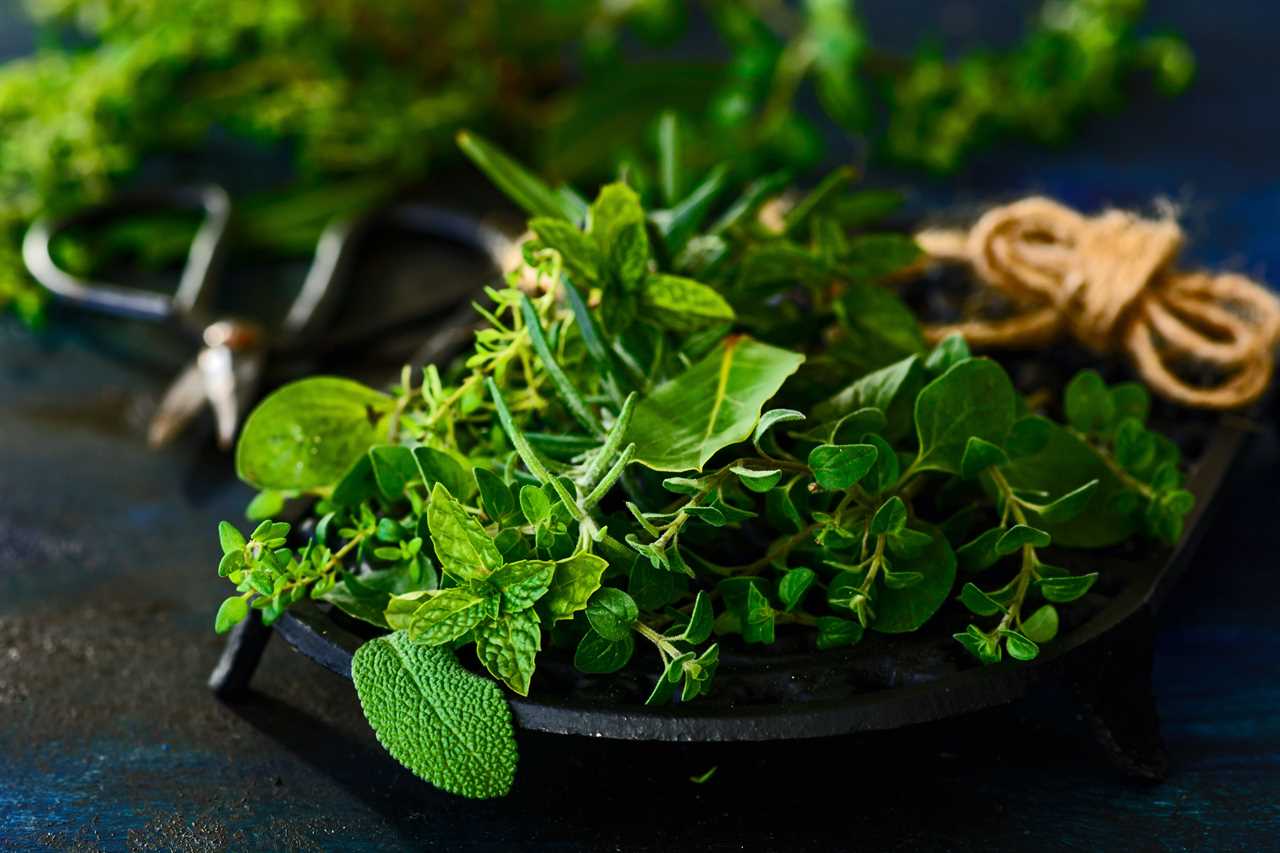 |
Home of HerbsFind out more about herbs and how to use them |
 |
First Garden Tour of 2023 / The In Between GardenAt Belovedsaffron.com, we are passionate about spices, herbs, good food and organic eating. Our mission is to bring awareness about the different.. |
 |
Herbs for Reducing Symptoms of Ulcerative ColitisUlcerative colitis is a chronic, inflammatory bowel disease that affects the colon. It causes diarrhea, bloody stools, and abdominal pain... |
 |
4 Medicinal Plants that Are Incredibly Good for YouDid you know that 25% of all prescription drugs in the U.S. come from substances that are found only in plants? In this episode of SciShow, we take a look at |
 |
How To Harvest HerbsGrab a clean pair of sharp scissors and learn how to harvest basil, mint, oregano, parsley, rosemary, sage, and thyme from your herb garden. In this video, |
 |
5 Tips for growing a season long salad gardenWelcome to Belovedsaffron.com, where we embrace everything related to spices, herbs, nutritious food, and organic eating! We are not professional.. |
 |
5 Natural Herbs For Back PainEdited by YouCut:https://youcutapp.page.link/BestEditor |
 |
Flavonoid-Rich Hibiscus Chutney RecipeWelcome to Belovedsaffron.com, where we are passionate about spices, herbs, recipes and organic eating! Here you will find a wide range of spices,.. |
 |
ASMR: Inspecting & Measuring all your SpectaclesAt Belovedsaffron.com, we are passionate about spices, herbs, recipes and organic eating and on a mission to bring you awareness about flavours from.. |
 |
Growing BASIL In Hydroponic System (No soil) - Timelapse!We understand that food has the power to connect us all, transcending cultures and distances. At Belovedsaffron.com, we are passionate about spices,.. |
 |
Tongkat Ali Safety: Side Effects & InteractionsTongkat ali is an herb that was used in traditional medicine primarily for its aphrodisiac and libido-enhancing properties, as well ... Read more |
 |
6 Herbs High in CopperCopper is a vital element that plays a role in cardiovascular and lung health, blood vessel growth, and more. Copper ... Read more |
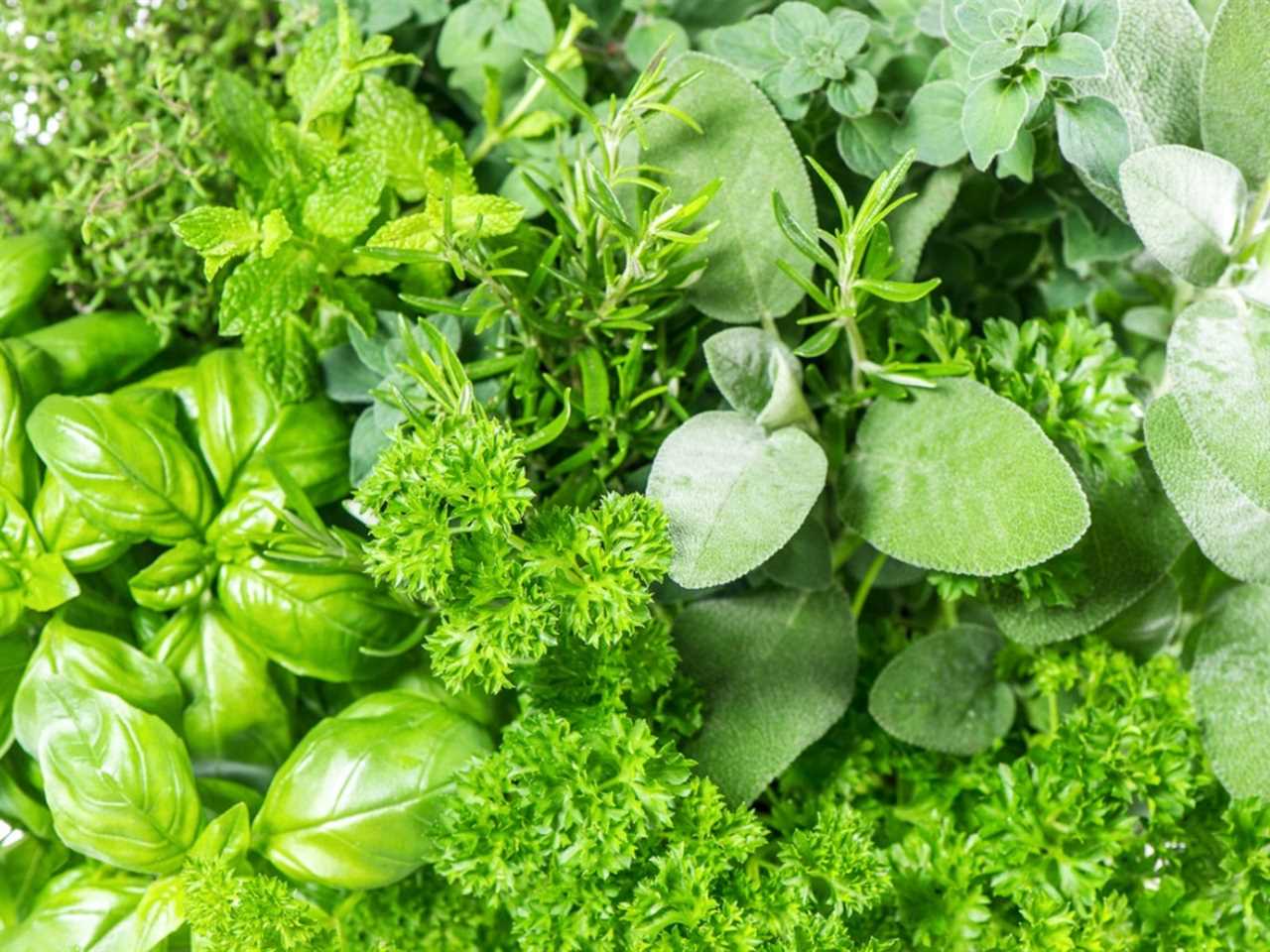 |
The Cup of LifeLike life, tea is what you make of it and The Cup of Life helps individuals enjoy tea in more than one way. Join me on my tea adventures through my blog! |
 |
Apr 18, Spiny Amaranth Benefits with Sunny SavageJoin us in this new episode and I think you’ll understand exactly why Sunny Savage believes in spiny amaranth benefits so much! |
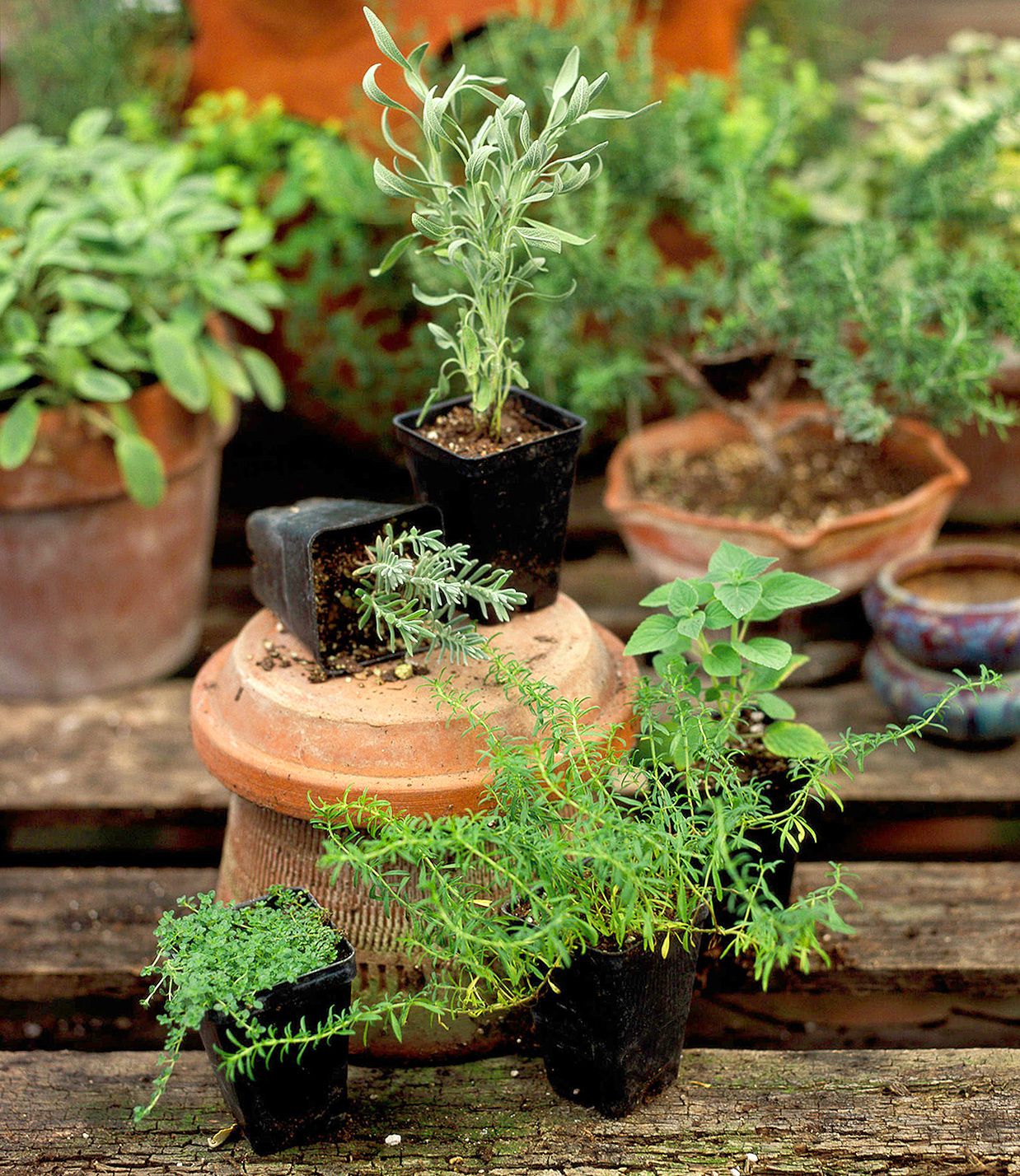 |
6 Herbs High in Niacin (Vitamin B3)Niacin is a naturally occurring nutrient known as vitamin B3. This vitamin supports and protects the nervous system, regulates blood ... Read more |
 |
Apr 11, Blackberry with Maeg KeaneWhat if blackberry could teach you about boundaries and letting go of what’s not serving you? Join me and Meag Keane for an astrology-inspired perspective! |
 |
6 Herbs High in QuercetinQuercetin is a plant chemical that acts as an antioxidant in the body, reducing stress and protecting tissue from damage. ... Read more |
 |
4 Benefits of Senega: Dosage & SafetySenega is a medicinal herb that has been used for thousands of years throughout Asia. This article will look at ... Read more |
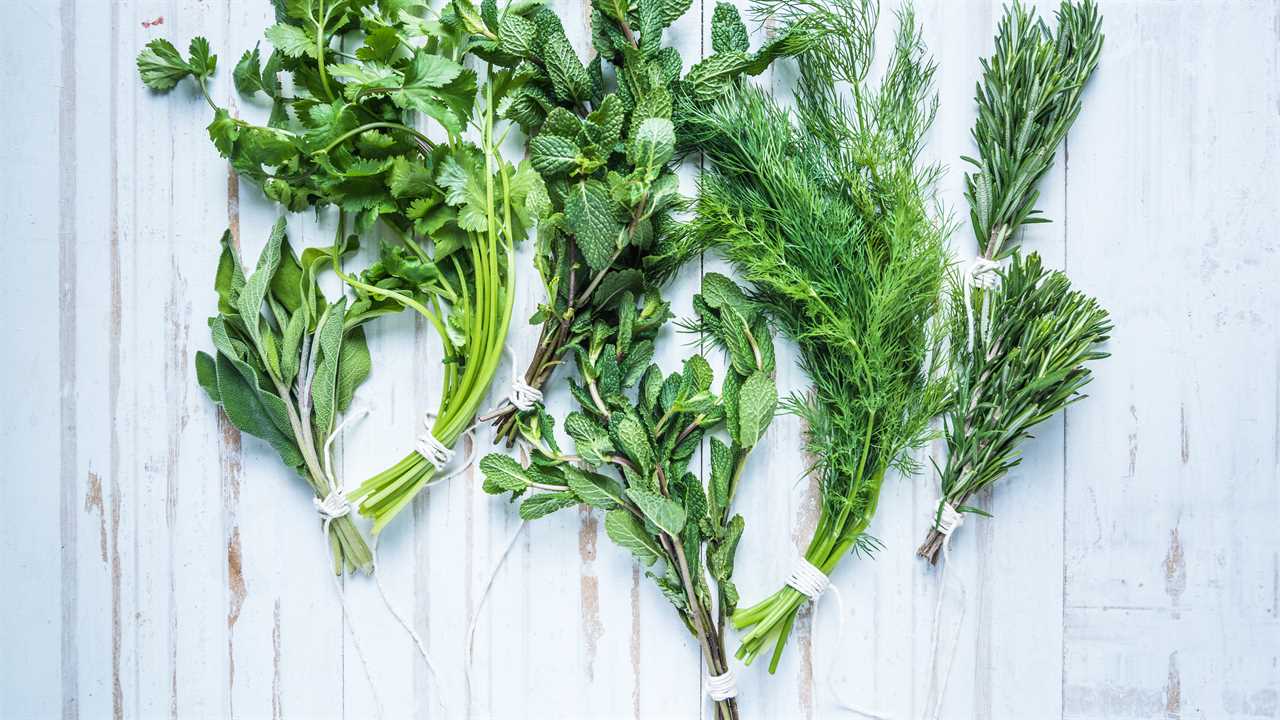 |
Apr 4, Stinging Nettle with Elise HigleyMeet Elise Higley from Oshala Farm and find out why I have so much respect for herb farmers! You'll also get Elise's recipe for Nettle Spring Tonic Vinegar |
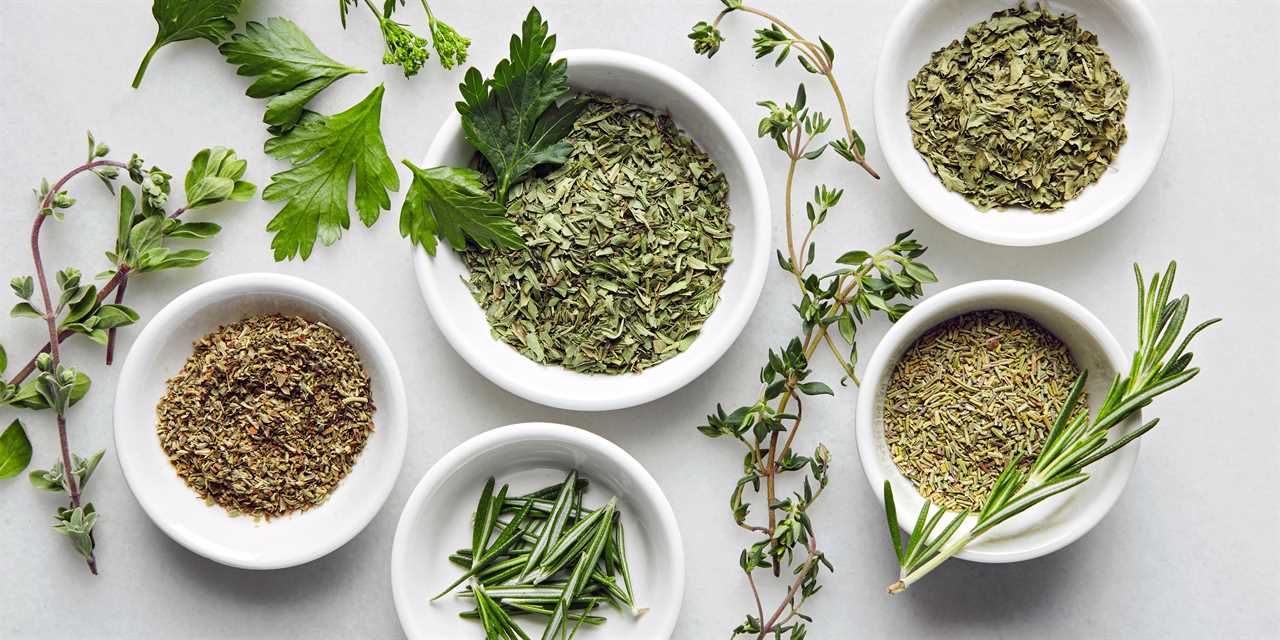 |
Mar 28, Calendula with Alex CrofootLet's hear Alex Crofoot talk about both new and familiar ways of working with this favorite (and very versatile!) plant: Calendula officinalis |
Lion’s Mane Mushroom Is Powerful For Your Brain’s Health
Lion’s mane mushroom (Hericium erinaceus) is a unique edible large shaggy fungus which looks like a grown lion’s mane. It has been used in East Asia for
 |
Delicious Elderberry Syrup Gummies for Cold Flu & SleepElderberry syrup is immune enhancing and protective against colds and flu. It’s one of my favorite natural remedies for avoiding or beating the flu. These flu |
 |
Helpful Plant Remedies For Anxiety And StressFeeling anxiety and stress lately? Are you feeling frustrated and wish you could just find a way to relax? Do you find that your heart is usually beating |
 |
Tomato Tea, A Natural Cold and Flu RemedyThis tea really works! You can literally feel your sinuses opening up. It’s an immune booster so even if you’re not sick drink this when others around you are |
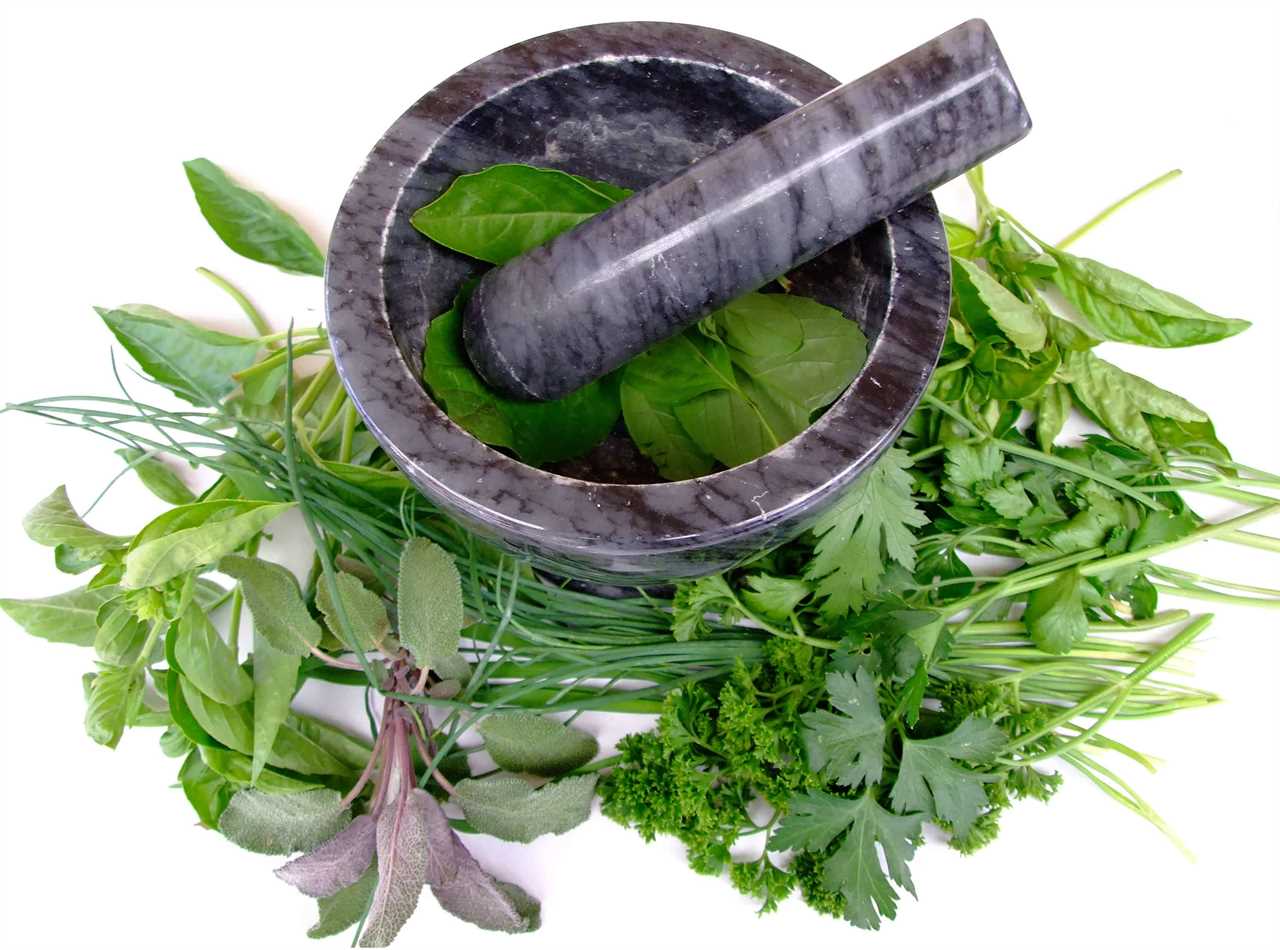 |
Tony Gebely · Tea Epicure · Taste DifferentlyA tea assessment platform that rates teas based on objective quality markers and a sensory evaluation resulting in a list of the best teas produced each year. |
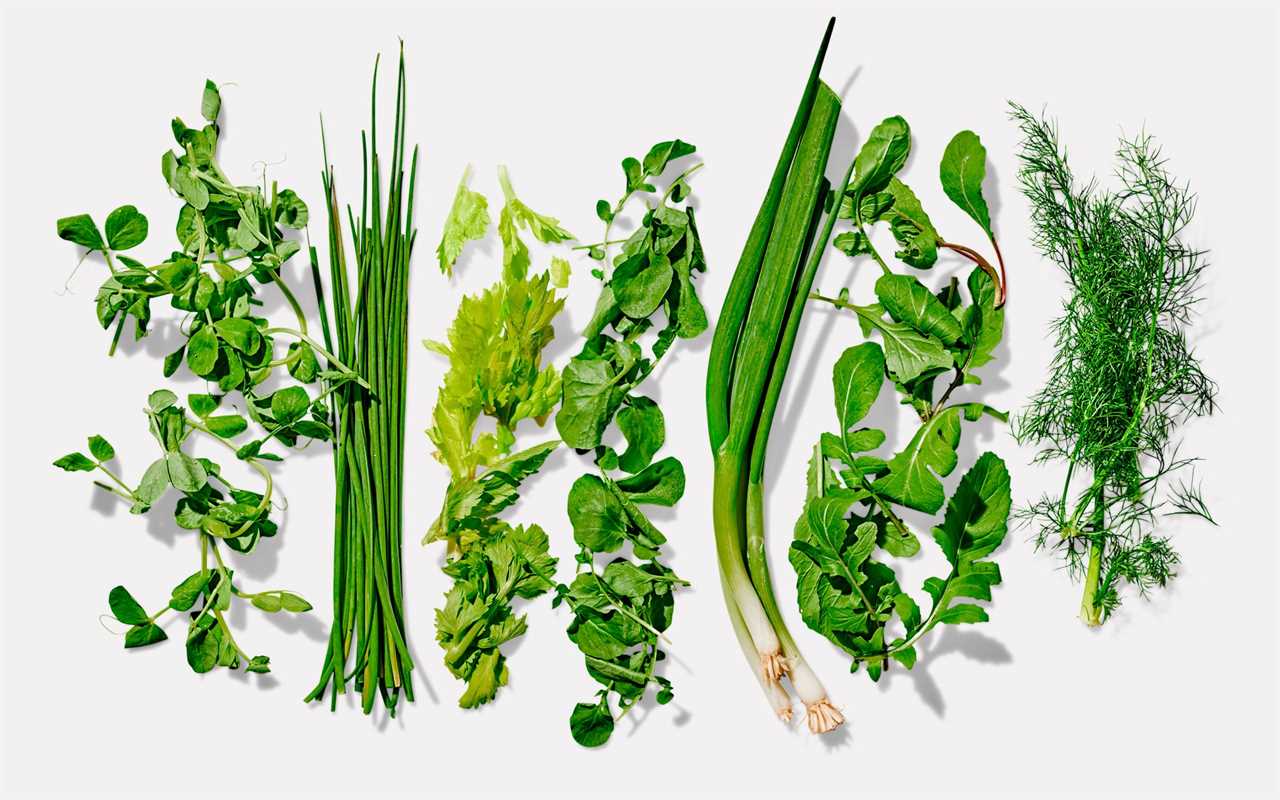 |
What Are Digestive Bitters And Should You Take Bitters?Bitters are a drink you sip before a meal to aid in healthy digestion. Traditional diets contained bitter foods because of their digestive action. The bitter |
.png)





